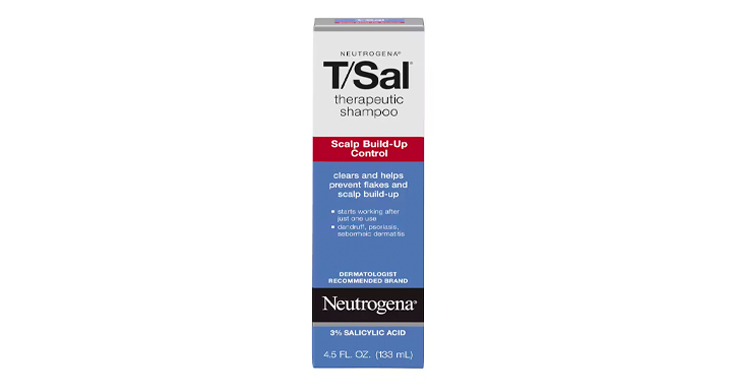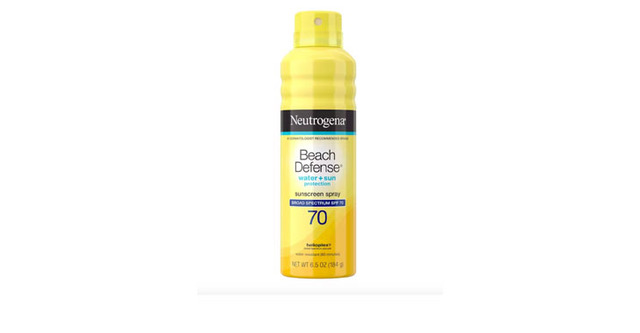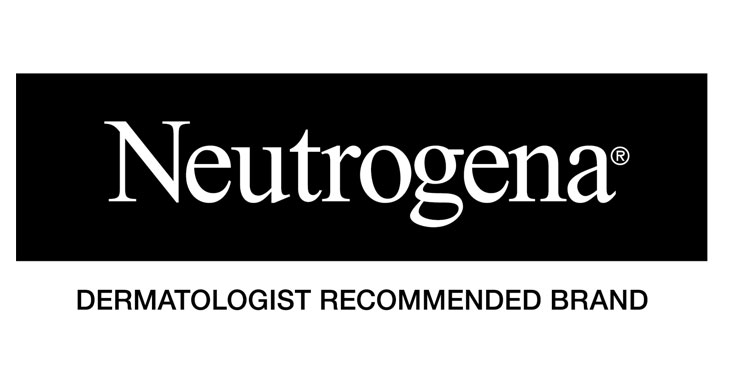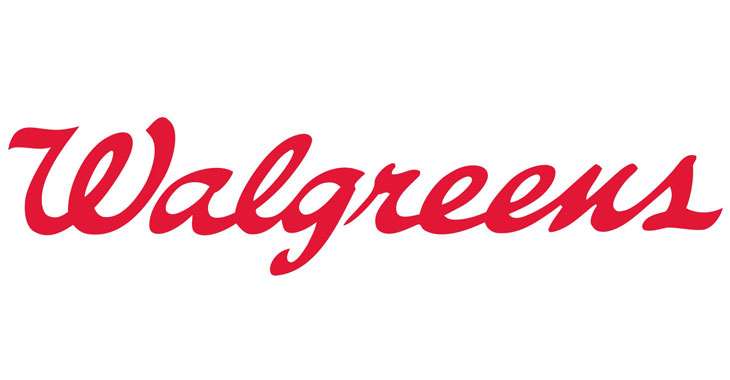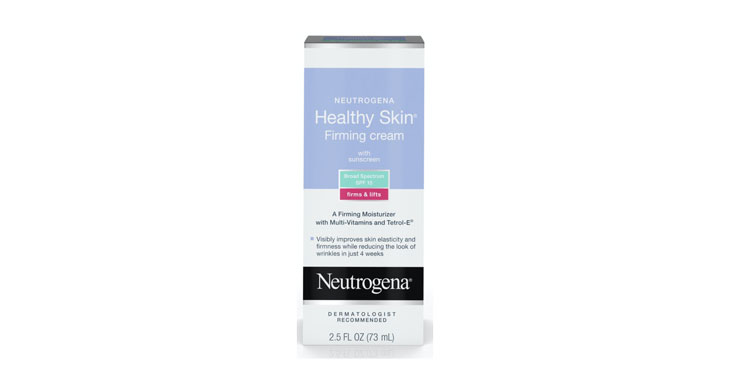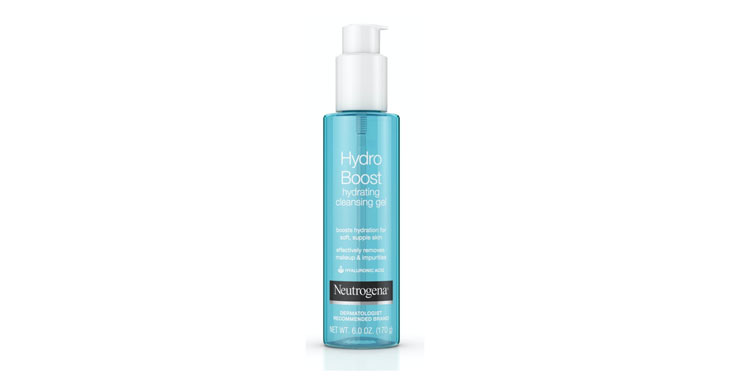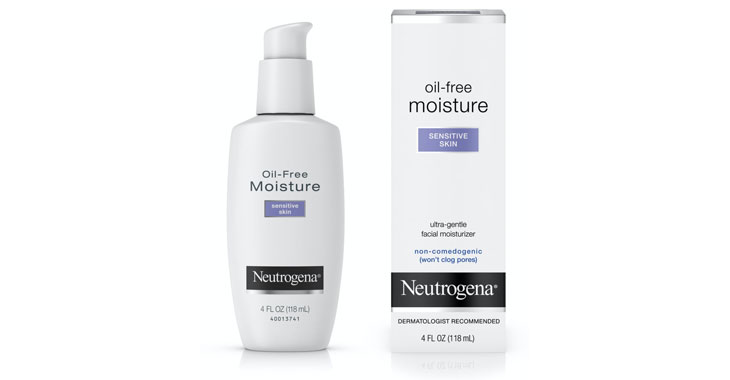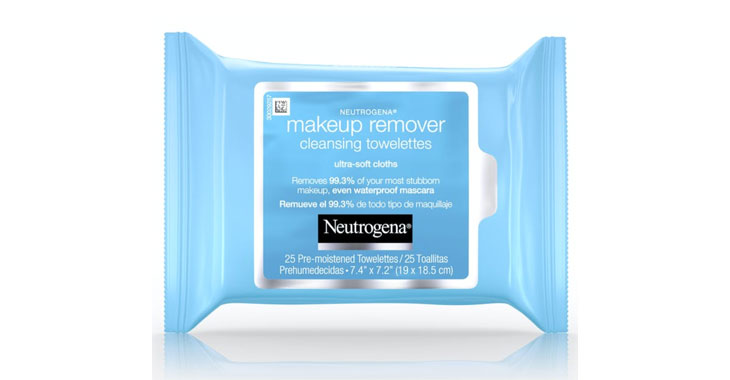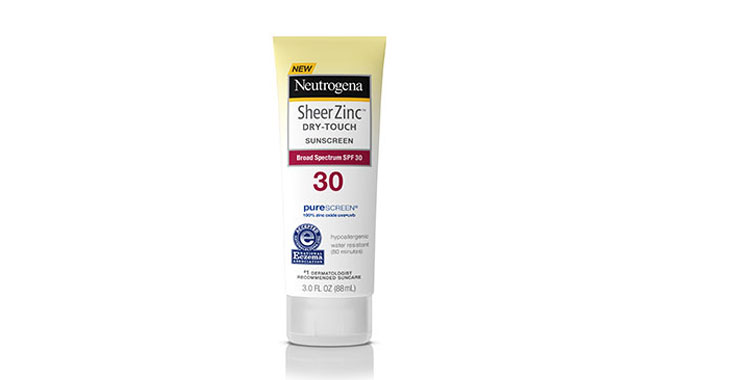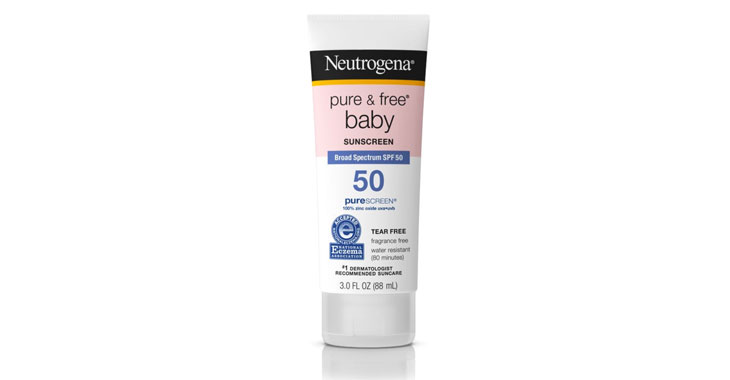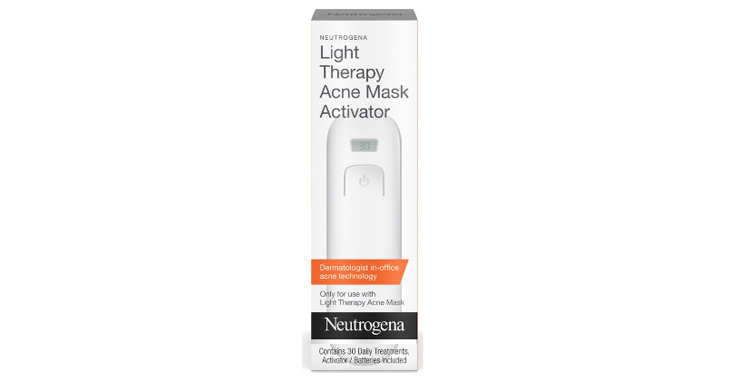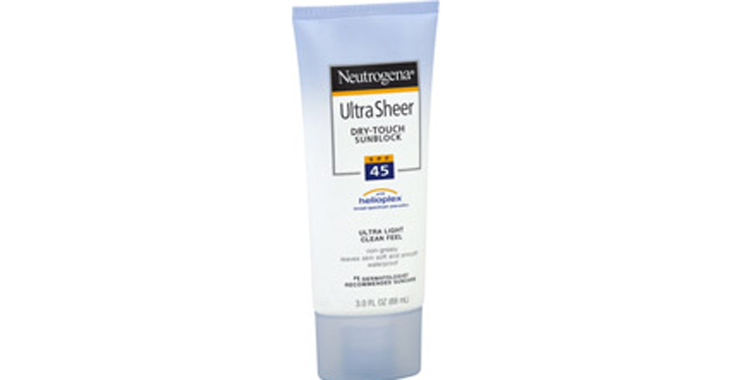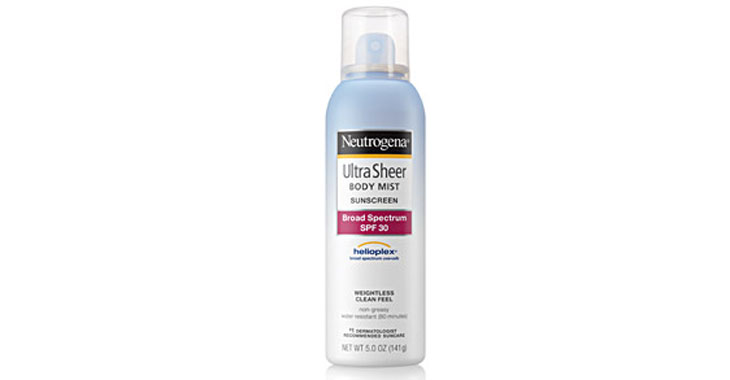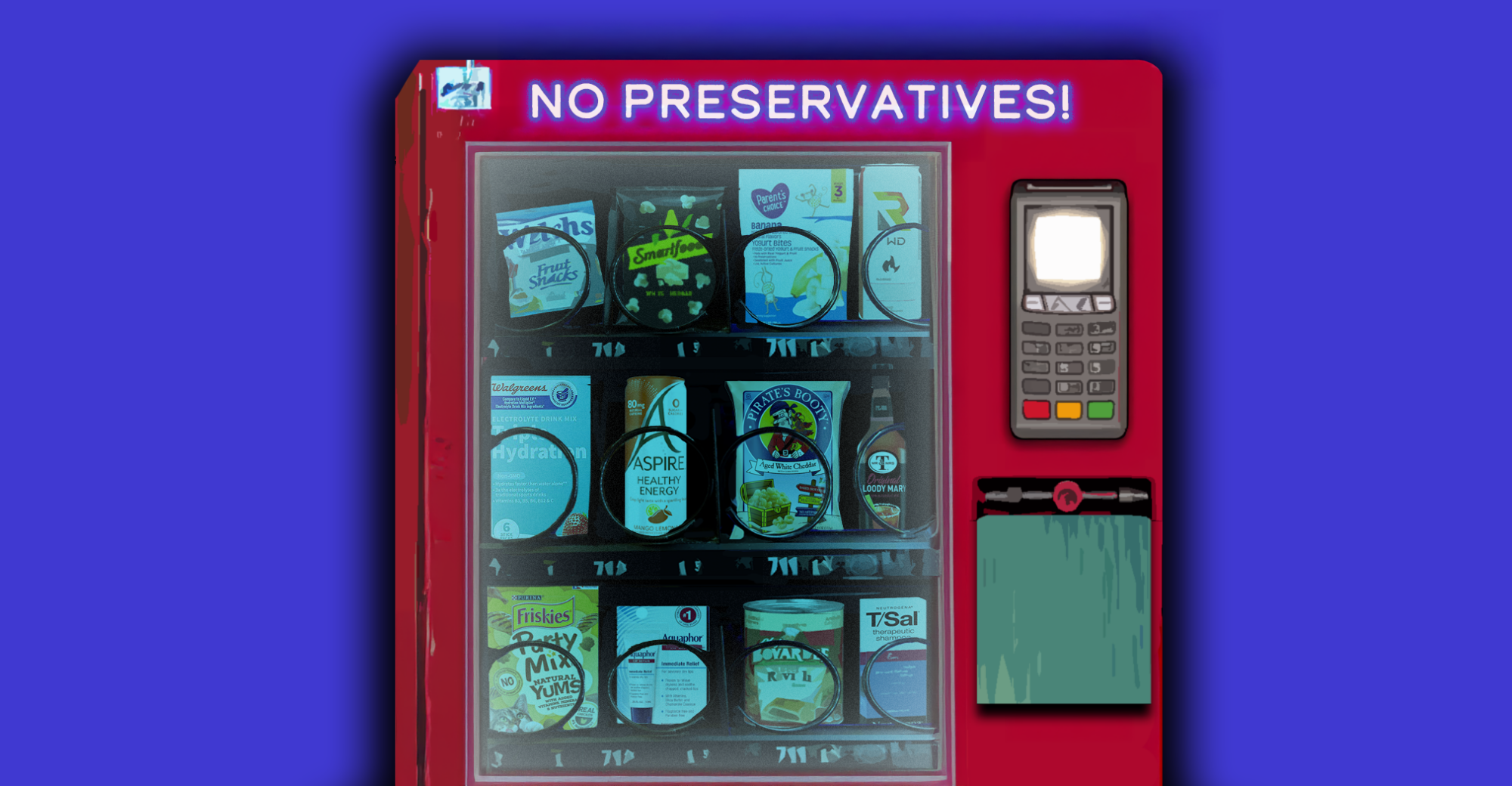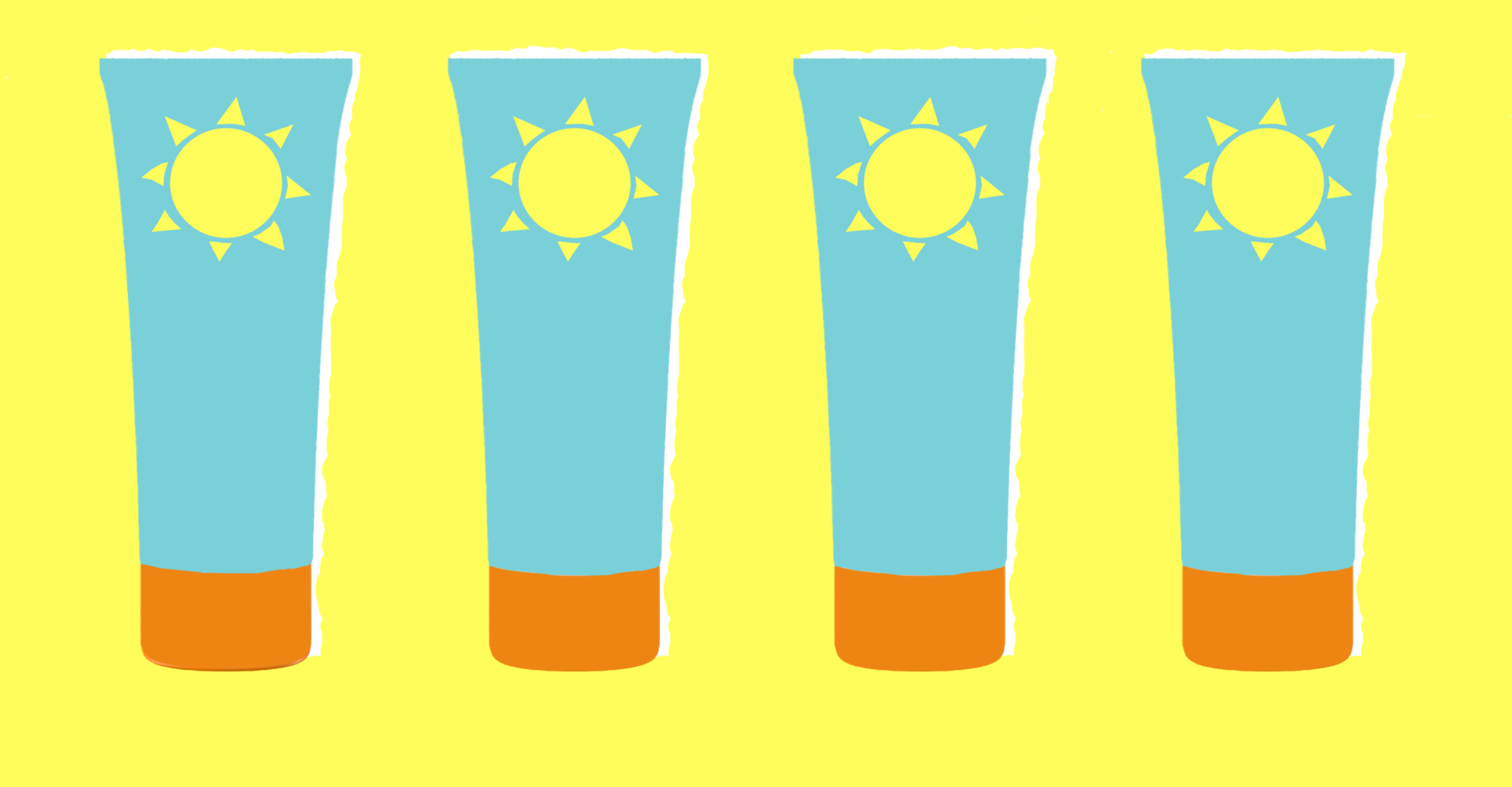
Neutrogena Makeup Remover Cleansing Towelettes
Allegations: Falsely marketing products as plant based
August 2013: A federal judge granted final approval of a settlement of this action. According to the settlement terms, each class member may receive up to $10 ($1 for each cleanser product purchased and $2 for each moisturizer product purchased). In addition, the company agreed to change product packaging and labeling to include a statement about the percentage of the product that is naturally-derived and remove the word “petrochemicals” from the statement “No harsh chemical sulfates, parabens, petrochemicals, dyes, phthalates”.
January 2012: A class-action lawsuit was filed (and amended in October 2012) for allegedly falsely marketing Neutrogena® Naturals products as natural when they actually contain artificial and synthetic ingredients. (Stephenson et al v. Neutrogena Corp., Case No. 12-cv-426, N. D. CA.)
For more information about natural claims and TINA.org’s coverage of the issue, click here.
Allegations: Falsely marketing products as plant based
Allegations: Falsely marketing products as “Preservative-Free”
Allegations: Failing to disclose products contain the carcinogen benzene
Allegations: Failing to disclose that products contain high levels of the carcinogen benzene
Allegations: Falsely advertising sunscreens as waterproof
Allegations: Failing to disclose products contain the carcinogen benzophenone
Allegations: Failing to disclose products contain the carcinogen benzophenone
Allegations: Failing to disclose sunscreens contain the carcinogen benzene
Allegations: Failing to disclose sunscreens contain the carcinogen benzene
Allegations: Failing to disclose sunscreens contain the carcinogen benzene
A deceptive marketing trend takes root.
Class-action lawsuits target preservative-free claims.
Some class-action settlements that left consumers behind.
TINA.org has tracked more than 150 lawsuits alleging greenwashing.
Lawsuits allege labeling fails to disclose sunscreen products contain carcinogen.
